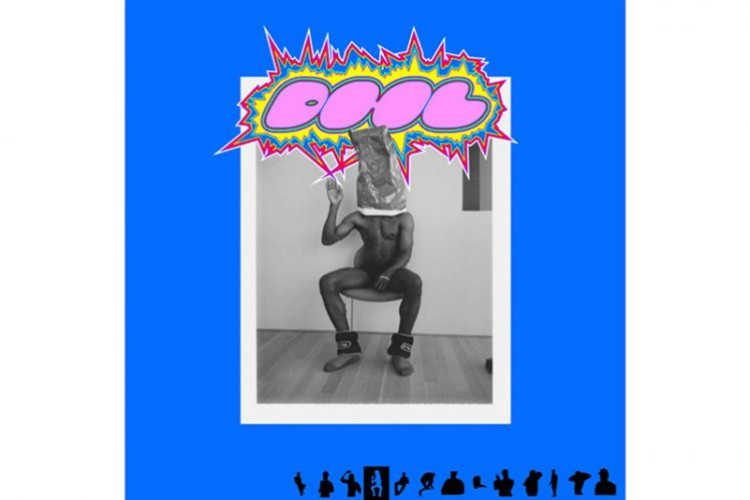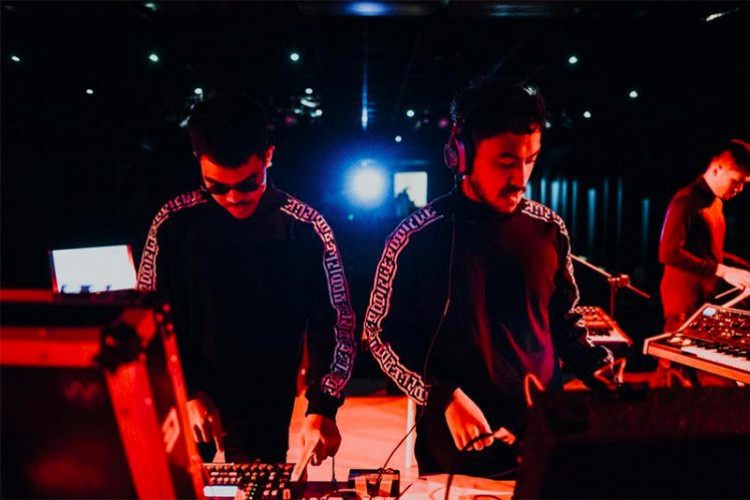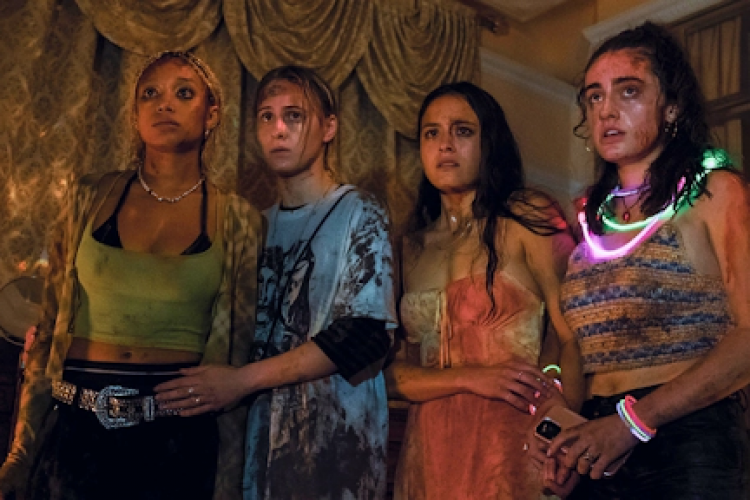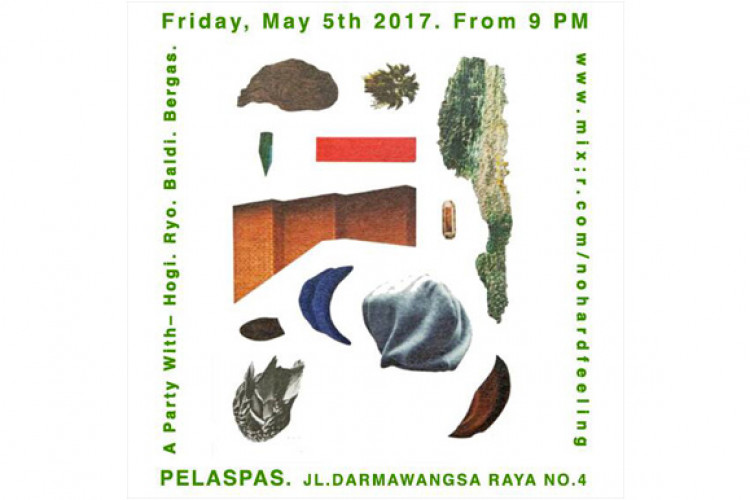Supporting BISINDO with Dr. Juniati Effendi
Muhammad Hilmi (H) talks to Indonesian Deaf Activist Dr. Juniati Effendi (J).
by Ken Jenie
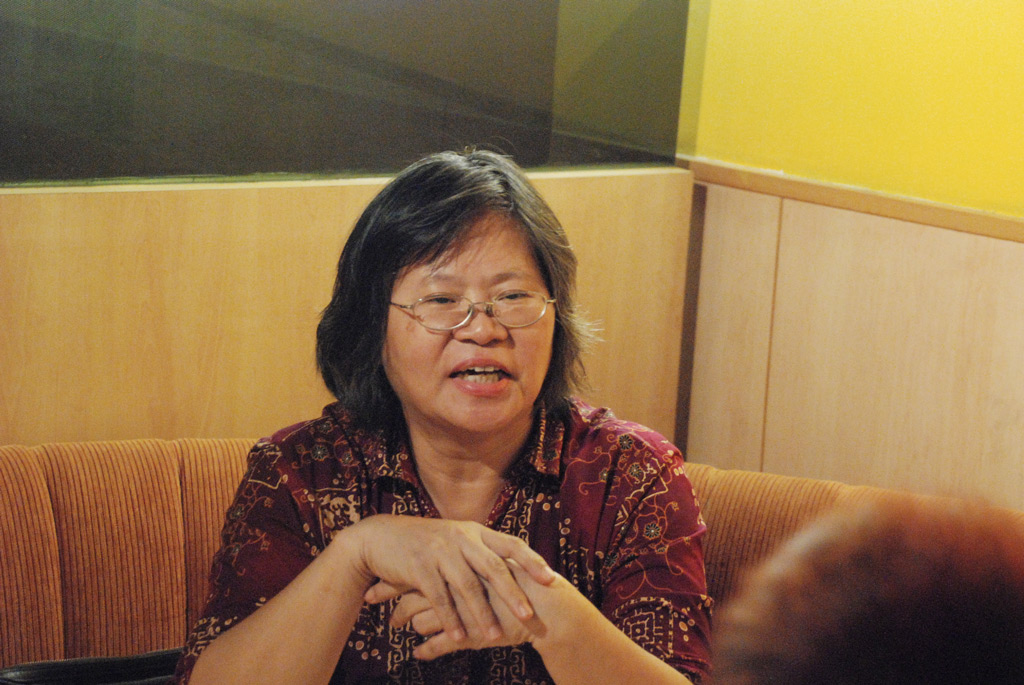
H
What was the reason behind forming Gerkatin, Gerakan Untuk Kesejahteraan Tunarungu Indonesia (Movement for the Welfare of Deaf Indonesian)?
J
GERKATIN was formed because of we, the deaf, face the same fate and have the same goal, that is to fight for the rights of the deaf. For quite some time, the deaf have felt isolated and marginalized, and we formed communities, which became GERKATIN.
H
What is BISINDO, and why is GERKATIN advocating it?
J
BISINDO stands for Bahasa Isyarat Indonesia (Indonesian Sign Language), which is the natural language of the Indonesian deaf. It is quite different from the government-approved Sistem Isyarat Bahasa Indonesia (SIBI – Indonesian Sign Language System). Since 1995, the Indonesian government started implementing SIBI in schools. After a certain period of time, the students experienced difficulties understanding SIBI’s language concept, because they feel that the language isn’t applicable in their daily lives and interaction. This confusion keeps them from being able to understand, and their capacity to learn becomes stunted, unable to move forward. GERKATIN advocates the government to recognize BISINDO and its implementation in schools, so deaf children can better understand the language’s concept.
H
SIBI was implemented in 1995 by the government, so how did the deaf communicate beforehand?
J
In their homes, Indonesian deaf communicate to each other orally, in public life they used BISINDO. Suddenly, the government forced us to use SIBI, and GERKATIN became concerned because the use of SIBI became a setback for deaf education.
This has happened outside of Indonesia, where non-natural sign languages were implemented.
H
I have heard that SIBI was a language created by people who aren’t deaf, is this true?
J
That is true.
H
Hence without an understanding of how the deaf naturally communicate?
J
BISINDO is a language that is more visual and direct, SIBI is complicated because it uses grammar taken from the spoken Indonesian language.
H
So BISINDO is a more natural and universal language?
J
Yes.
H
So why did the government approve the use of SIBI?
J
SIBI was a government project. The government felt international pressure, as most countries already have their own sign language, while Indonesia did not. Much of SIBI are adaptation of the American sign language (ASL). They created SIBI in only one year.
H
It was rushed and created for the wrong reasons.
J
Yes.
H
How has the advocacy for Bisindo been going? Is there any progress?
J
We socialize our cause in several events. Every sunday morning during Car Free Day, we socialize BISINDO in front of Hotel Mandarin from 6 to 10 AM. There is also a sign language class in Universitas Indonesia, which has now been included in the cultural studies as well as the psychology curriculum.
H
You teach sign language in the said Universitas Indonesia program. As most of the students aren’t deaf, how important do you feel understanding BISINDO is for the general public?
J
There are many who are confused, especially because BISINDO doesn’t use the same grammatical structure as Bahasa Indonesia: SPOK (Subject, Predicate, Object, Keterangan – Information). Without training in sign language, people will face difficulties communicating with the deaf, but when you understand it, communicating will become much easier.
There are more and more college students who are interested in learning sign language.
H
What is BISINDO like? Is it equivalent to conversational Indonesian language? What is the grammatical structure like?
J
BISINDO is fairly easy to understand, it is kind of like slang. It is much more casual, youthful.
H
From what I have read, the Universitas Indonesia sign language class is quite popular because the way it is taught is exciting. Are there any stories you can tell us about the class?
J
In class, the students learn mimicry, gestures, expressions. We play games where the students try to guess the sign language, and many fail to do so, which perhaps becomes exciting for them because they want to understand.
H
I recall that in the past Indonesian television had sign language interpreters, and now they have disappeared. What happened?
J
The old television shows used the American Sign Language, which became the basis of SIBI. GERKATIN protested because we didn’t understand. For example, the SIBI sign for the word ‘president’ has the interpreter making hand gestures that looks like the sign for ‘ox’ in BISINDO. Gerkatin protested the interpreters on TV because the deaf did not understood it.
H
During the recent 2014 presidential election, the televised debates brought back sign language interpreters. Was that in BISINDO, SIBI, or ASL?
J
It ideally would have been BISINDO, but the government insisted on using SIBI, both were used during the debates.
H
I have seen on television, the sign language interpreter’s expressions are pretty flat. Apparently, the interpreter’s expression is actually very important in understanding the language.
J
That is true. SIBI is expressionless because they must contemplate the complicated grammatical structure. BISINDO is more expressive.
H
In general, how are the facilities for the disabled in Indonesia?
J
As time goes on, the general public has become more attentive, more appreciative, more willing to learn. Before, people used to just make fun and marginalize us.
H
From my understanding, there are several points internationally agreed at the Convention on the Rights of Persons with Disabilities that have not been realized by Indonesia. What needs to be improved here?
J
We need more interpreters for deaf children in schools. Sign language isn’t properly taught yet – the teachers usually just makes the deaf student read the material without explaining to them what the reading mean. There has to be a combination between the written and sign language.
H
There are certain universities who do not allow deaf students to be in certain programs. Is it still happening, or has this matter been fixed?
J
The situation has been fixed. The deaf can now have the opportunity to take exams to enter university programs.
In 2013, there was a ministerial decision that will allow the disabled to enter universities, but this decision doesn’t include all disabilities – the deaf are not included.
H
What about public facilities? Are they enough for the deaf?
J
No, not yet.
H
What should it be like ideally?
J
One of the most important is in hospitals. Doctors and nurses wear face masks, which prevents us from understanding what they say.
In train stations, there aren’t enough signage, the announcements are broadcasted via megaphones, so it is confusing.
This happens in court of justices as well, everything is spoken orally, there are no interpreters so the deaf does not understand what is going on.
H
Are there countries that have ideal facilities for the deaf, and what are they like?
J
In other countries, the government will facilitate an interpreter. They do not offer such services here, and many are afraid to hire interpreters because they cannot afford it.
H
Finally, what can we do to help make BISINDO the official sign language of Indonesia?
J
Collectively support the proposed law to make BISINDO the official sign language of Indonesia. Help socialize the use of BISINDO and advocate the use of BISINDO in schools.








